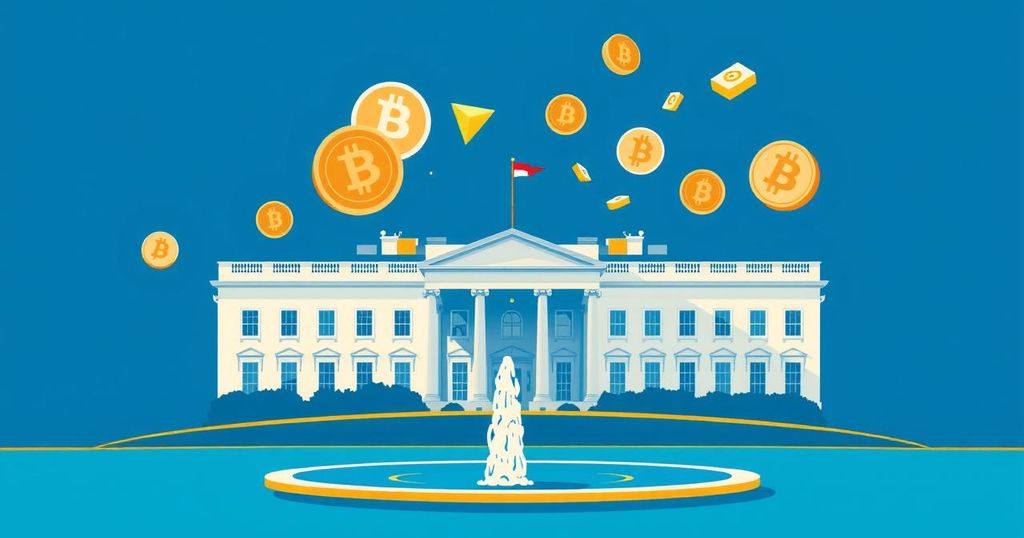House Republicans Introduce Digital Asset Market Clarity Act for Crypto Regulation
House Republicans have introduced the Digital Asset Market Clarity Act to regulate the U.S. crypto market. The bill gives the CFTC exclusive oversight over digital commodities and offers a dual registration choice. It aims to position the U.S. as a leader in crypto regulation while ensuring compliance with the Bank Secrecy Act, although areas like DeFi will be addressed later. Hearings are scheduled soon, and the Senate is considering stablecoin legislation.
In a bid to provide much-needed clarity for the cryptocurrency sector, House Republicans have unveiled the Digital Asset Market Clarity Act. This new proposal—spanning 236 pages—aims to replace the earlier FIT21 Act and gives the Commodity Futures Trading Commission (CFTC) exclusive jurisdiction over digital commodity spot markets. Additionally, it introduces an option for dual registration with either the CFTC or the SEC, depending on how the asset is classified.
Backed by influential members from the House Financial Services and Agriculture Committees, this bill is seen as a significant move towards establishing the U.S. as a key player in global crypto regulation. Importantly, digital asset platforms may seek provisional registration with the CFTC while the agency works on finalising regulations. The legislation ensures adherence to the Bank Secrecy Act across all crypto platforms, while also providing exemptions for certain decentralized finance (DeFi) applications and wallet providers from SEC oversight.
One of the standout aspects of the bill is a provision that prevents regulators from compelling custody firms to include customers’ crypto assets on their balance sheets. Furthermore, the proposal clarifies that payment stablecoins aren’t classified as securities, assigning oversight based on the firm’s current regulatory authority. For custodians, the designation of qualified digital asset custodians falls to those under “adequate supervision” by federal, state, or foreign regulators, with the CFTC set to establish additional criteria.
Areas like DeFi and NFTs will be deferred for future consideration. The SEC, CFTC, and Treasury will need to submit a report within a year on these matters. Notably, despite a looming deadline for regulations, hearings are already scheduled for next week to further discuss the bill’s framework. Simultaneously, discussions are heating up in the Senate regarding its own legislative measures on stablecoins. As both the House and Senate weigh their options, the path towards unified crypto regulations remains unclear, but there’s certainly growing momentum towards a clearer regulatory environment in Washington.




Post Comment